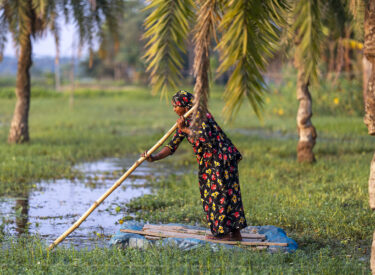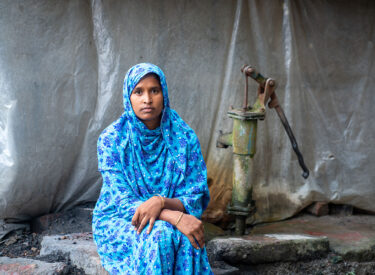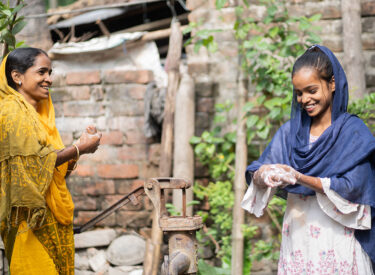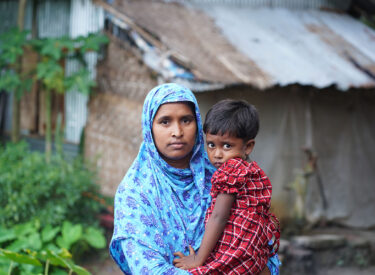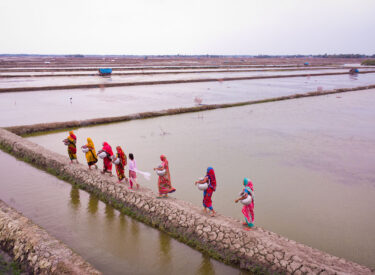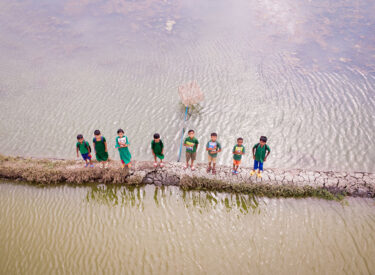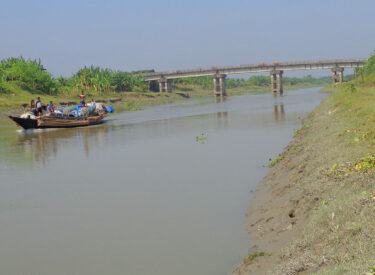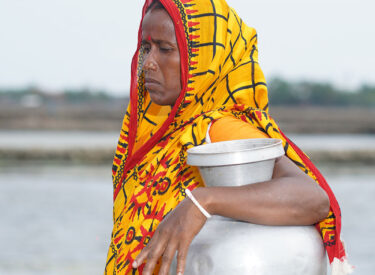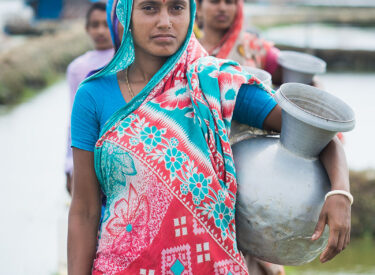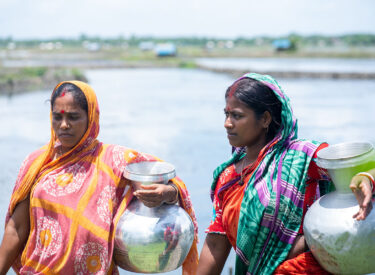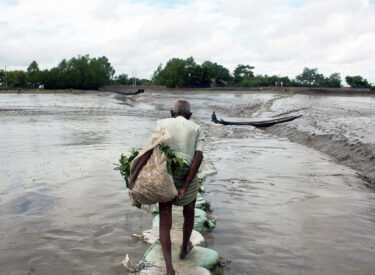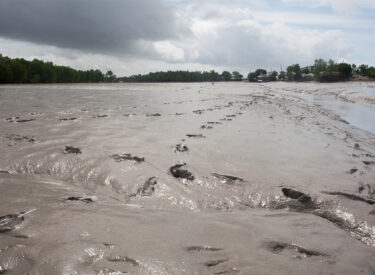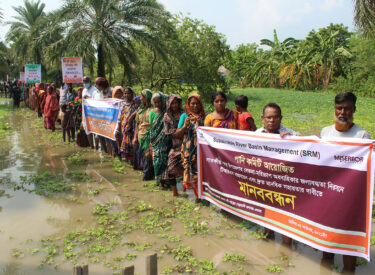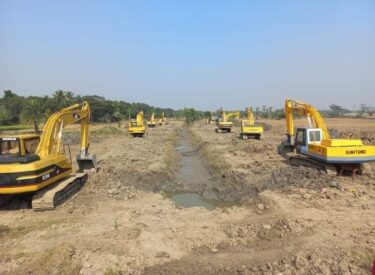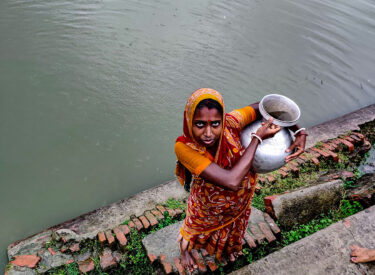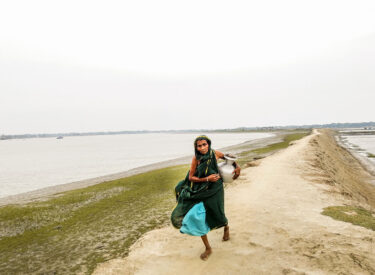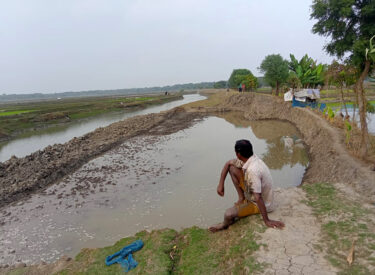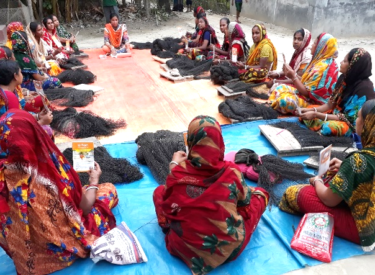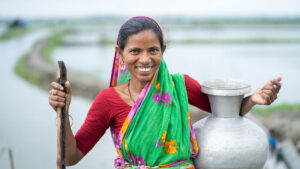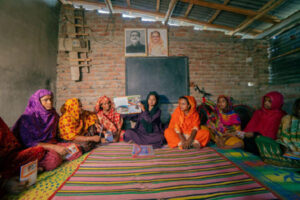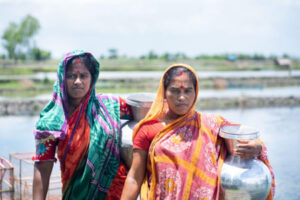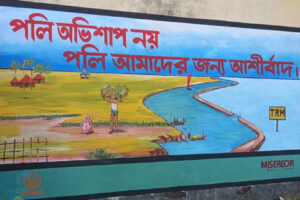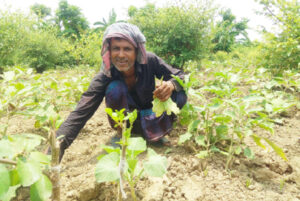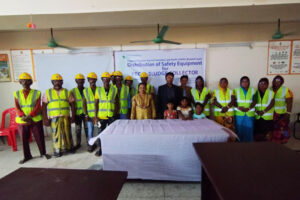Climate change disproportionately impacts marginalized communities, despite their minimal carbon footprints. Over the past 20 years, the country has incurred a loss of $3.72 billion due to the impacts of climate change. By 2050, it is projected that 1 in every 7 Bangladeshis will be displaced, a phenomenon that has already commenced. Annually, thousands of people are forced to migrate, and a single severe disaster has the potential to escalate this number to millions. Challenges such as salinity, a drinking water crisis, land affected by encroaching sea-water, tidal surges, decreasing food production, and the alteration and degradation of the landscape, coupled with multi-hazard and converging disasters, collectively make adaptation difficult and contribute to increased loss and damage.
At Uttaran, our Climate Change, WASH, and Water Governance (CCWWG) program lies at the heart of our strategy to support and empower climate-vulnerable communities and governments, striving for climate justice. Throughout the years, we have focused on building the capacity of local governments and vulnerable communities, equipping them with anticipatory, absorptive, adaptive, and transformative skills to effectively address and mitigate the impacts of climate change. Our program embraces participatory approaches, ensuring the development of sustainable solutions. We provide financial and technical support to empower climate-vulnerable individuals, enabling them to adapt to the challenges posed by climate change.
In addition, since the 1990s, Uttaran, and the Paani (Water) Committee, a locally led civil society committee, have been advocating for nature-based solutions to water management issues in the southwest region. Our aim is to enhance the participation of local communities in water governance processes. Our efforts have led to the adoption of the Tidal River Management concept, recognized as a key strategy to combat waterlogging and climate change in the southwest coastal areas of Bangladesh, as outlined in the BDP 2100.
The program serves as a vital conduit, fostering stronger solidarity and trust between the people, civil society, private sector, and the Government. Its primary purpose is to empower communities, amplifying their voices in the decision-making process, while simultaneously dismantling maladaptive infrastructures and processes. Through the promotion of nature-based solutions and working at a landscape level, the program fosters sustainable practices that align with the ecological fabric of the region. Moreover, it pioneers the establishment of community-based monitoring systems, effectively minimizing implementation deficits. By fostering an environment of trust and solidarity among all stakeholders, the program lays the foundation for a stronger, more resilient society.
Uttaran’s CCWWG program leverages its in-depth theoretical knowledge and extensive field experience to support climate-vulnerable communities. This strategic approach ensures a comprehensive and contextualized response to address the challenges of climate change.

Covering SDGs: 1, 3, 6, 7, 13, 14, 15
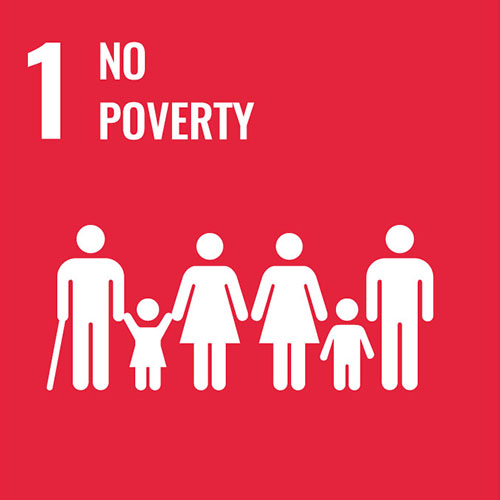
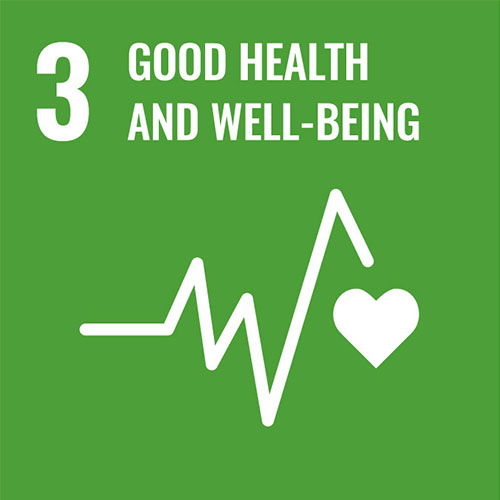
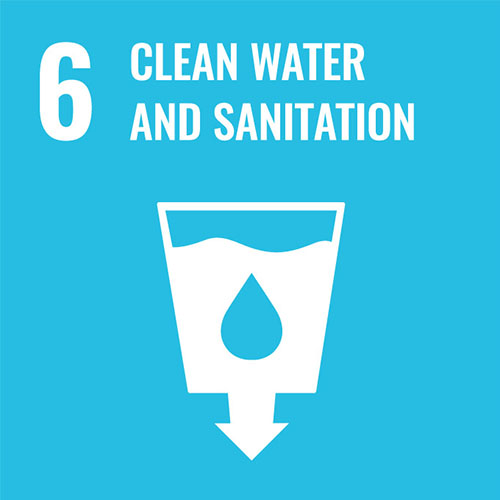
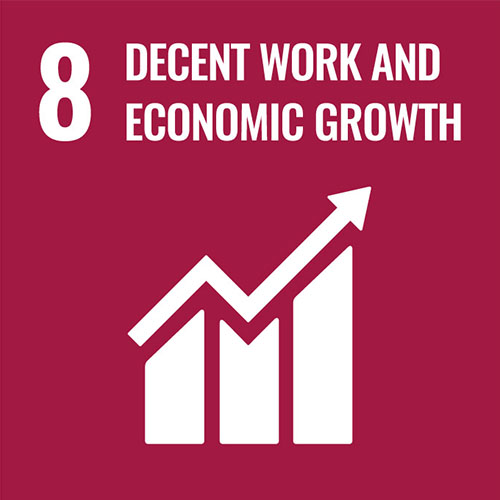
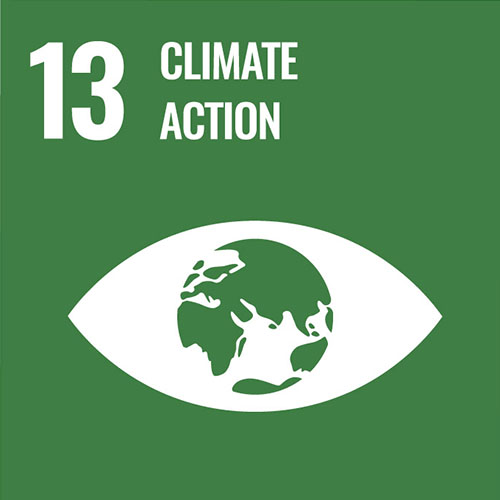
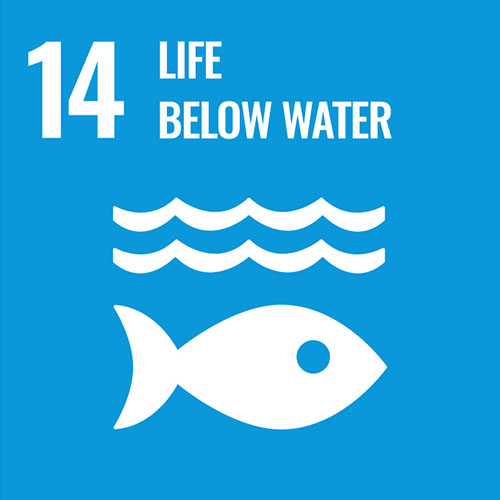
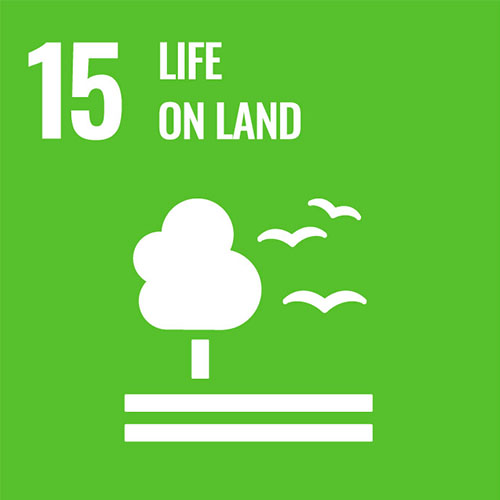
People
People Reach
Volunteers
Staffs ( 45% female)
Donors: The EU-European Union, Federal, GFFO, GIZ, MISEREOR Germany, Ministry of German Government, Simavi Netherlands, UNOPS, WASTE, Welthungerhilfe (WHH), IDCOL, BSRM, Educo
Districts:
Satkhira, Khulna, Barguna, Bagerhat, BhasanChar Camp (Cluster-7, 16, 17, 50, 60, 61), Hatiya, Noakhali, Jashore, Patuakhali, Sunamganj.
Working Districts
Projects
Video Documentary
Livelihood of Climate Migrants
Empowering Climate Migrants for Tomorrow
CMRG Documentary-Climate Migrants
Documentary on ‘Education for All-Climate Migrants Students Enrolment’ Uttaran
“Ordeal of South-West Bangladesh.” – দুঃস্বপ্ন
Fight for survival | Waterlooging crisis in Southwest Bangladeesh | Uttaran
Uttaran Paani- Documentary | UCL
Water Logging Situation
Bhabodhoher Dukho
The process of Identification of real homeless and landless people
Publications
Activities Photos
